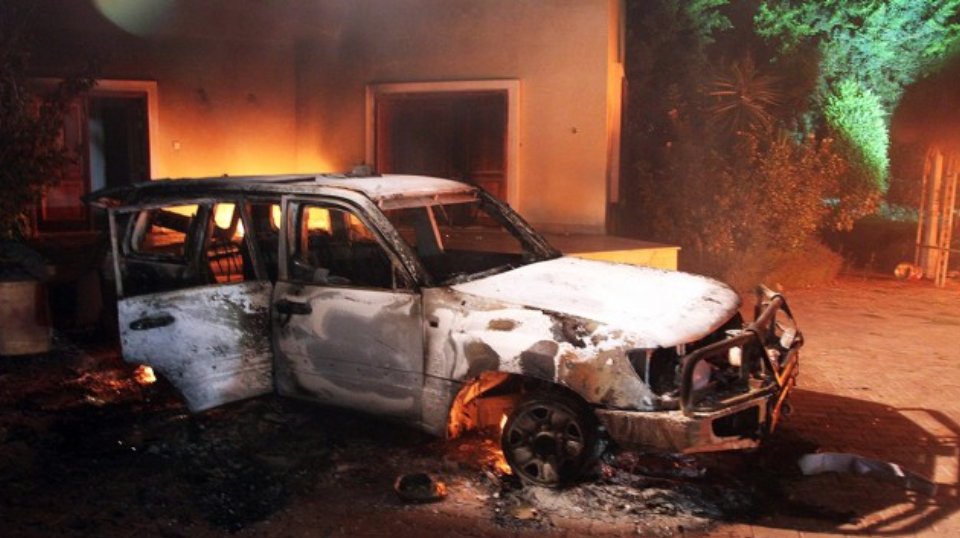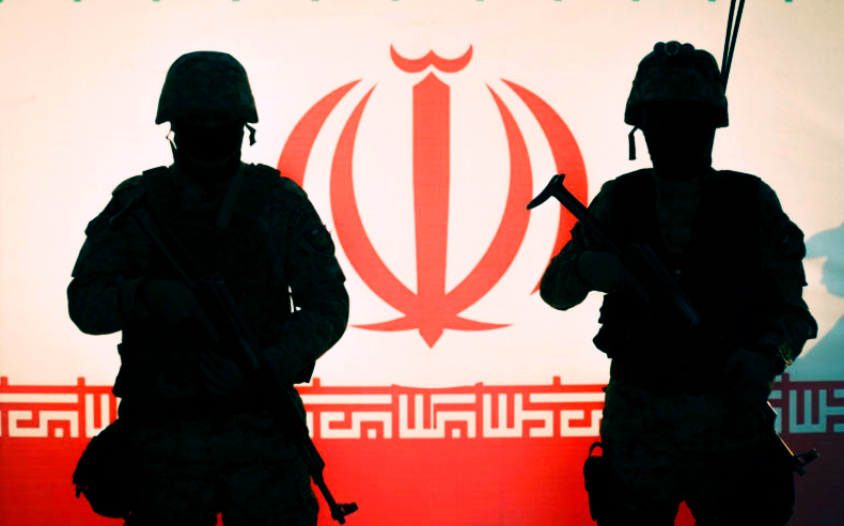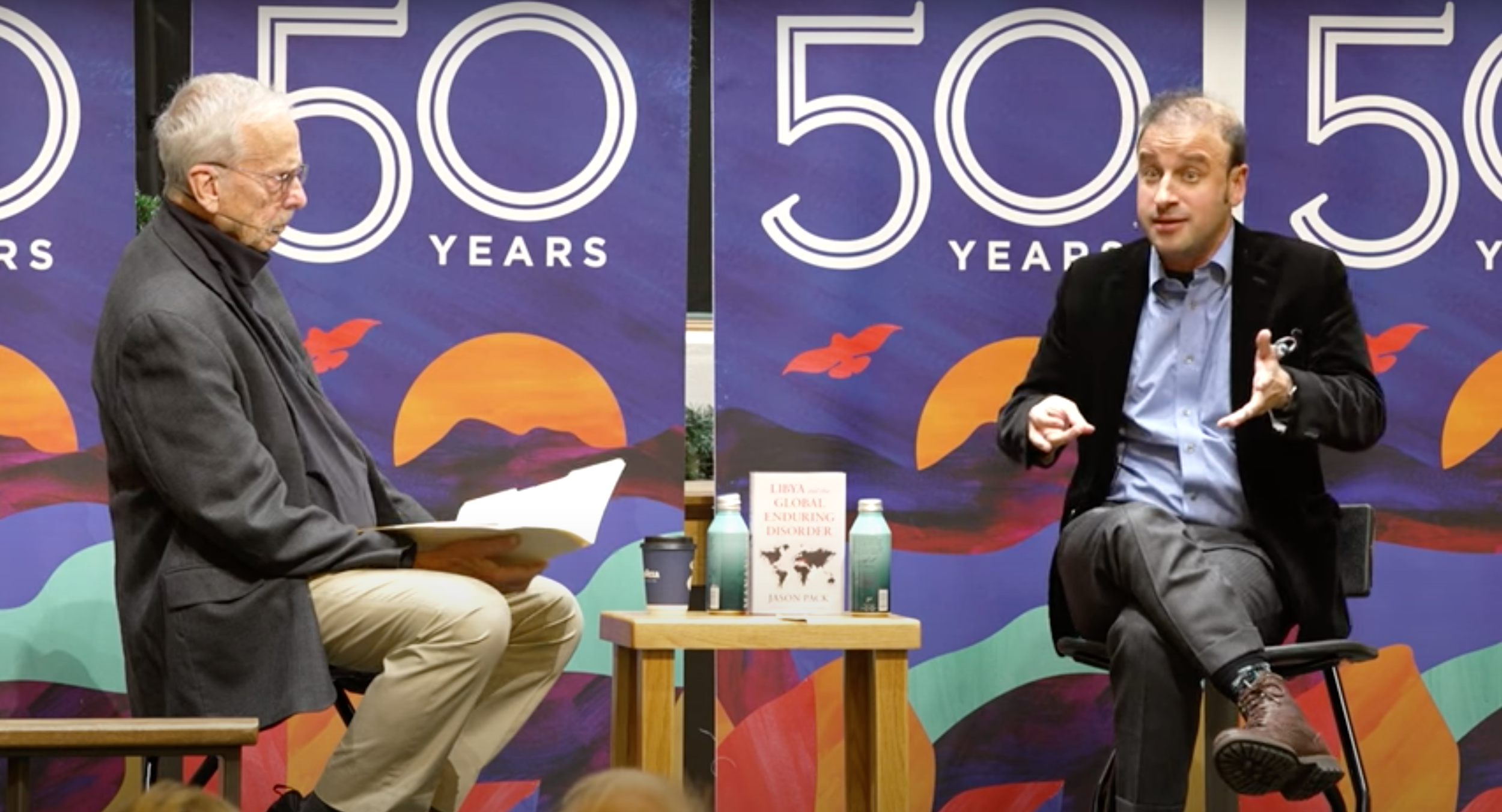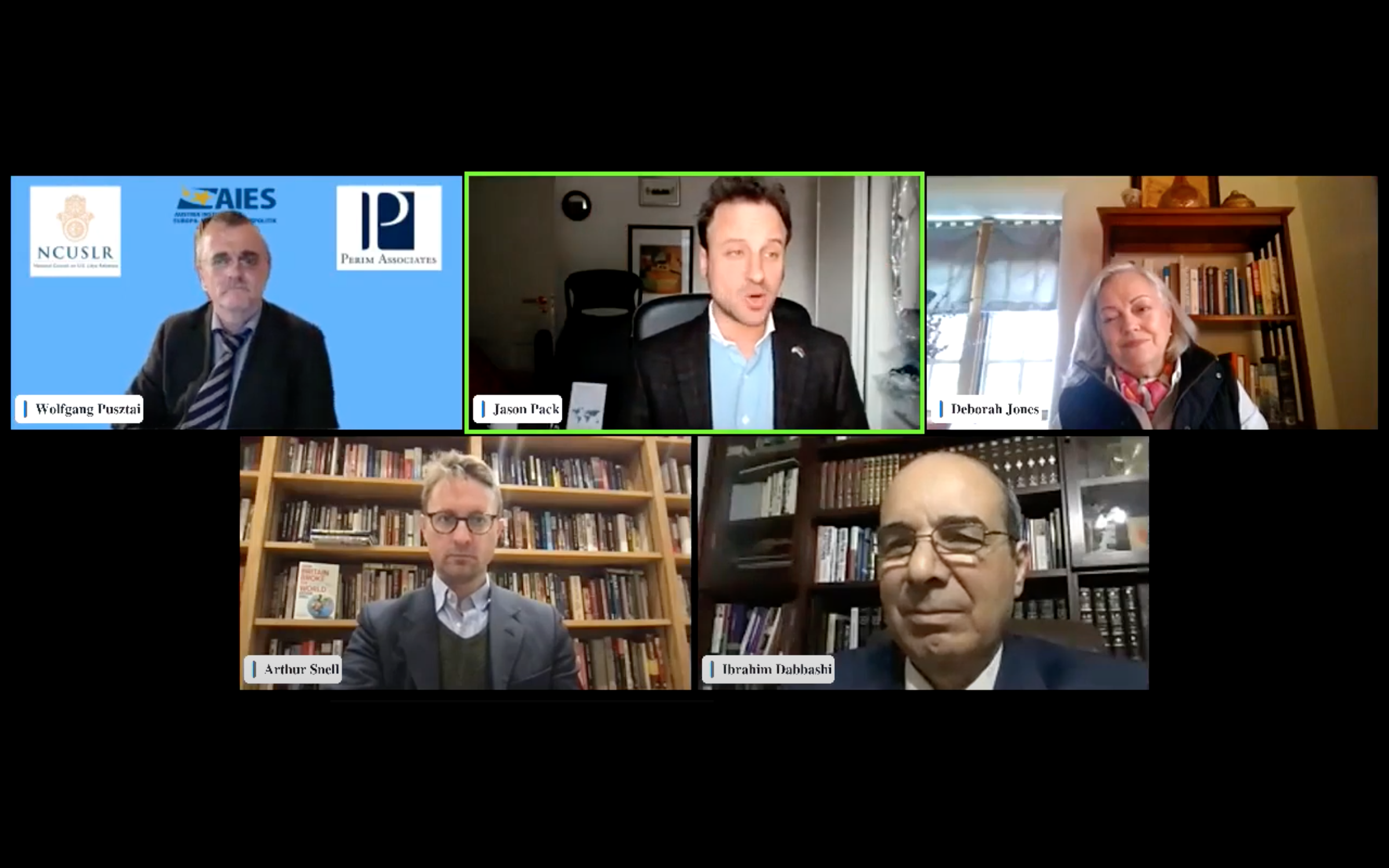LATEST ANALYSIS:

On the front line facing Putin's 'zombie army'
Embedded with Ukraine’s special forces, David Patrikarakos writes for The Daily Mail about bearing witness to the ‘savage brutality’ of Russia’s private militia - made up of ‘hardened criminals’ who are shot if they try to desert.

Libya’s implosion: The cascading effects of the 2012 killings in Benghazi
The notion that American policies throughout the Middle East failed as a result of the US's engagement with Islamist actors' is incorrect. Jason Pack for TLS.

The Chechens fighting for Ukraine
David Patrikarakos reports for UnHerd, telling the story of one of Ukraine’s Chechen fighters who has been fighting on the frontlines against Russia for most of his life.

Iran’s ideological war on Britain
Iran’s footsoldiers are nurturing homegrown terrorism, and Britain is now one of their many targets. David Patrikarakos for UnHerd.

Africa's most interesting politician was in London this week. The UK media ignored him.
We might be only six weeks from a political earthquake in Nigeria. Time to pay attention? Arthur Snell examines for his new SubStack, Not All Doom.

Ukraine, Libya, and the Global Enduring Disorder
Jason Pack and George Lewis (ret. NBC) discussed how the West’s response to the Ukraine crisis highlights our era of Global Enduring Disorder at The Vail Symposium.

NCUSLR Webinar: Libya and the Global Enduring Disorder
The NCUSLR’s webinar marked the first anniversary of Jason Pack's Libya and the Global Enduring Disorder, featuring Arthur Snell and a panel of experts discussing the geopolitical situation in Libya as it pertains to disorder.

Normative Costs of Normalizing Al-Assad
Recent efforts to rehabilitate al-Assad will set a damaging precedent for accountability, just as the international community has expressed the need to hold Russia to account for similar human rights violations in Ukraine - Burcu Ozcelik for Carnegie Endowment.

Desert Flashpoint: Crisis in the Sahel
Civil wars and climate change rendering vast areas of the Sahel uninhabitable have created a refugee crisis which European demagogues can feast upon. And now Putin’s proxies are involved. Arthur Snell explores on his podcast, Doomsday Watch.

The EU, NATO and the Libya Crisis: Scaling Ambitions Down
Stefano Marcuzzi explains for ISPI how, as a consequence of the Libyan crisis, NATO and EU countries have progressively lost influence in the region.

Saudi vs Iran: The Rivalry That Shapes The World
One great rivalry between Saudi Arabia and Iran drives our world, rather than us shaping theirs. Arthur Snell explores uncovers the hidden conflict that shapes everything on Doomsday Watch.

The Man Who Blew Up The World
The nuclear nightmare is back – and just one man gave unstable states across the world access to weapons that could bring down the apocalypse. Arthur Snell examines the story of Abdul Qadeer Khan on Doomsday Watch.

The gangs of Calais
For UnHerd, David Patrikarakos reports from Calais on how the chaos in Westminster echoes across the Channel.

Time to go local in Libya
Jonathan Winer explains for the Middle East Institute that the solution to address civil conflict and political unrest in Libya lies in addressing the local first.

The Buffalo Attack – An Analysis of the Manifesto
In an age where communication technologies dominate the dispersal and development of ideas, it is critical to analyse and understand the manifestos left by terrorists such as the Buffalo shooter - Joana Cook et. al. for ICCT.

Struggle over legitimacy in Libya begins third period of dueLling governments
Jonathan Winer explains for the Middle East Institute how Libya has ended up with two parallel governments led by Bashaagha and Dabaiba, and what can be done to address this political unrest.

McJihad - How Terror Became a Global Franchise
On Doomsday Watch, Arthur Snell pieces together an astonishing story of how radicalisation is continuing in unexpected places around the world – how jihad leaders learned from the experts in global expansion, the fast food giants – and how jihad has found its mirror in QAnon.

Why Can’t The West Win Its Wars Any More?
After 9/11 the West invaded Afghanistan and Iraq to remake them as friendly, terror-free liberal democracies. But the unintended consequences were historic disaster, countless dead and the humbling of Western power, symbolised by the shameful evacuation of Kabul in 2021. How did we get it so wrong? Arthur Snell discusses for Doomsday Watch.

Doing Business with Hackers, Terrorists and Dictators
Kenneth Dekleva writes for The Cipher Brief on how the ransomware attack on Colonial Pipeline and subsequent payment Darkside highlights the role of negotiations in cases involving cyber criminals.

Terrorist and Armed Groups in the Fezzan-Sahel Region: Recruitment and Communication Tactics
Stefano Marcuzzi and Jason Pack’s report for the NATO Strategic Communications Centre of Excellence overviews the affiliations of some of the main ethnic groups and tribes in southern Libya and their involvement in terrorism and people-smuggling.

